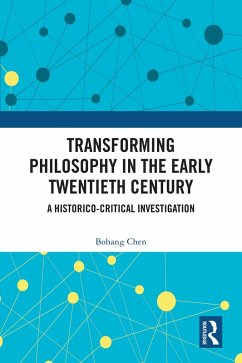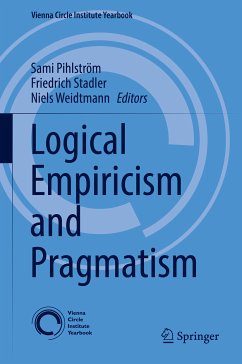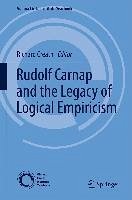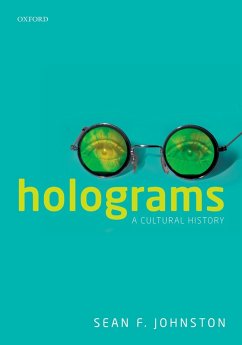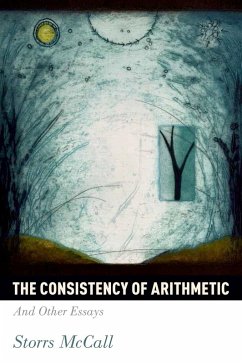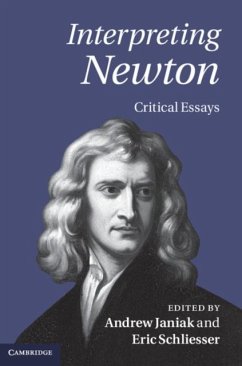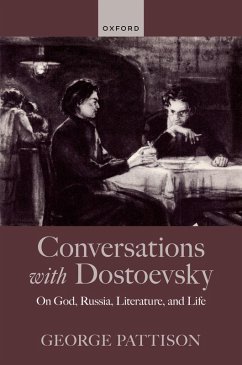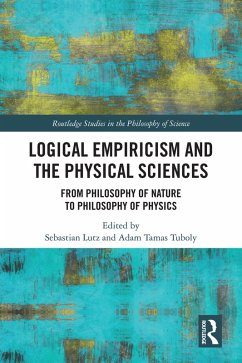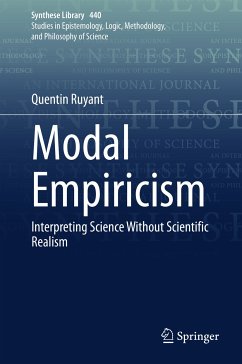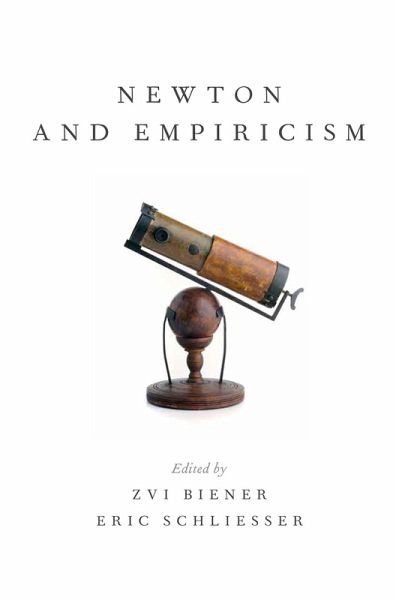
Newton and Empiricism (eBook, PDF)
Versandkostenfrei!
Sofort per Download lieferbar
42,95 €
inkl. MwSt.
Weitere Ausgaben:

PAYBACK Punkte
21 °P sammeln!
This volume of original papers by a leading team of international scholars explores Isaac Newton's relation to a variety of empiricisms and empiricists. It includes studies of Newton's experimental methods in optics and their roots in Bacon and Boyle; Locke's and Hume's responses to Newton on the nature of matter, time, the structure of the sciences, and the limits of human inquiry. In addition it explores the use of Newtonian ideas in 18th-century pedagogy and the life sciences. Finally, it breaks new ground in analyzing the method of evidential reasoning heralded by the Principia, its nature...
This volume of original papers by a leading team of international scholars explores Isaac Newton's relation to a variety of empiricisms and empiricists. It includes studies of Newton's experimental methods in optics and their roots in Bacon and Boyle; Locke's and Hume's responses to Newton on the nature of matter, time, the structure of the sciences, and the limits of human inquiry. In addition it explores the use of Newtonian ideas in 18th-century pedagogy and the life sciences. Finally, it breaks new ground in analyzing the method of evidential reasoning heralded by the Principia, its nature, strength, and development in the subsequent three centuries of gravitational research. The volume will be of interest to historians of science and philosophy and philosophers interested in the nature of empiricism.
Dieser Download kann aus rechtlichen Gründen nur mit Rechnungsadresse in A, B, BG, CY, CZ, D, DK, EW, E, FIN, F, GR, HR, H, IRL, I, LT, L, LR, M, NL, PL, P, R, S, SLO, SK ausgeliefert werden.




